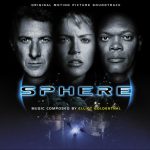Mama (2013)
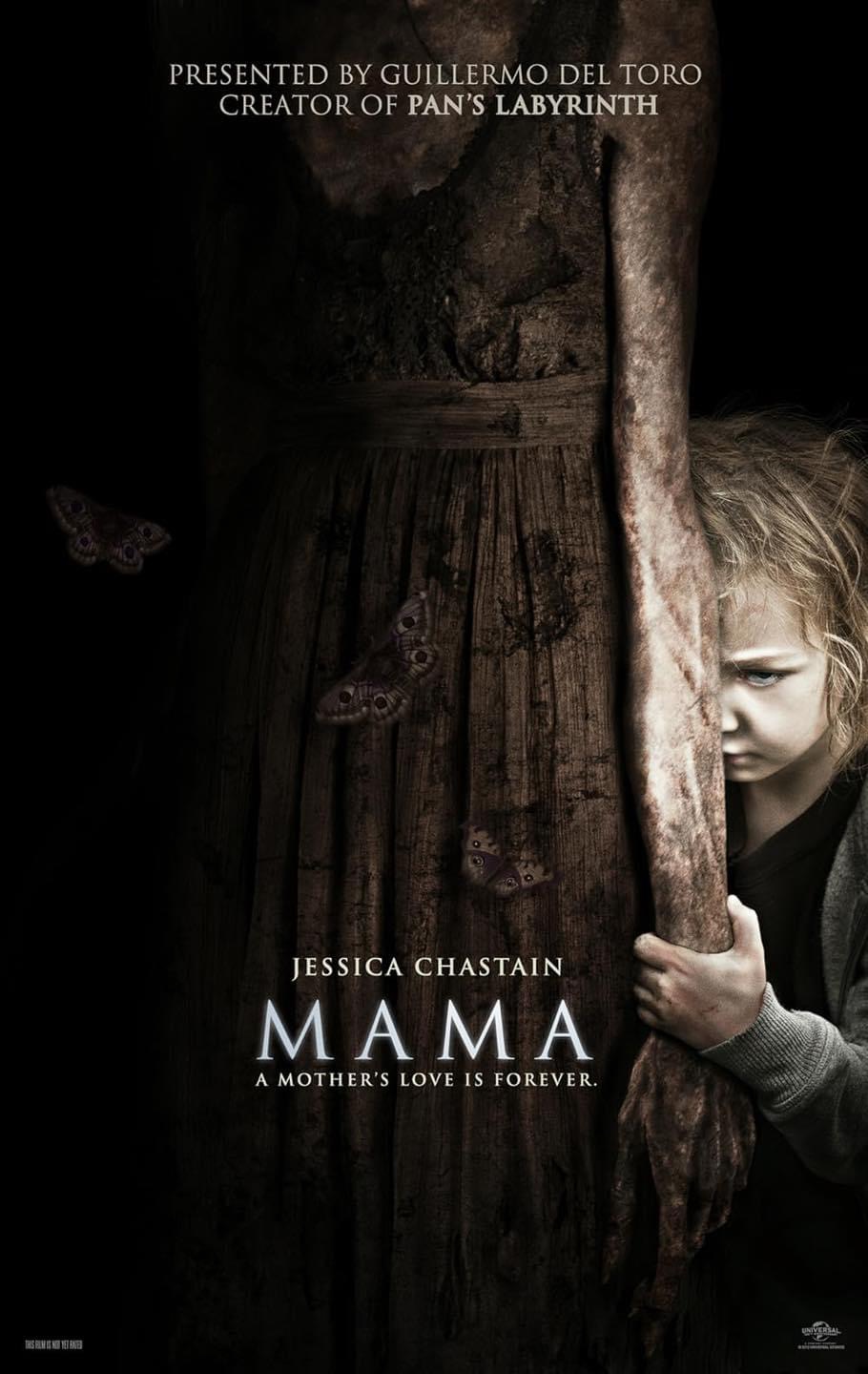
Mama (2013) is a supernatural horror film directed by Andrés Muschietti in his feature film debut, based on his 2008 short film of the same name. Produced by Guillermo del Toro, Mama blends elements of psychological horror, gothic fairy tales, and family drama to deliver an eerie, emotionally resonant story of loss, motherhood, and the lingering effects of trauma.
Suggested videos for you:
Plot Overview
The film begins with two young sisters, Victoria and Lilly, abandoned in a remote cabin in the woods after their father, Jeffrey, kills their mother. As the girls are left to survive alone, a mysterious entity they call “Mama” takes care of them. Years later, the sisters are found and brought to live with their uncle, Lucas (Nikolaj Coster-Waldau), and his girlfriend, Annabel (Jessica Chastain). However, Mama’s presence follows them, threatening their new life as the malevolent spirit grows increasingly possessive of the girls.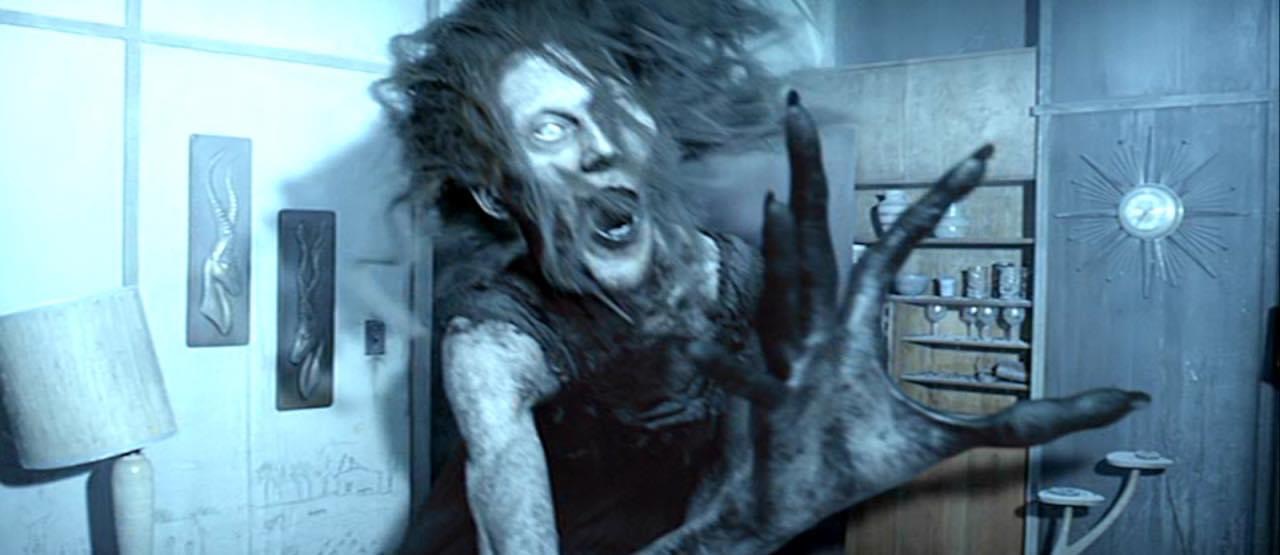
Atmosphere and Visuals
Mama excels at creating a haunting atmosphere that is both beautiful and terrifying. Muschietti uses dark, shadowy spaces and a muted color palette to evoke a sense of dread. The film’s visual style is reminiscent of Guillermo del Toro’s work, with its focus on gothic settings, decaying interiors, and spectral figures. The forest where the girls were abandoned is an unsettlingly atmospheric location, where nature feels sinister and alive.
The design of the titular “Mama” is a highlight. She is portrayed as an unnerving, elongated, and almost ethereal figure. Her movements are jerky and unnatural, contributing to the film’s eerie aesthetic. The visual effects used to bring her to life are unsettling and often rely on practical effects and clever camera work, creating moments that are more disturbing than reliant on jump scares.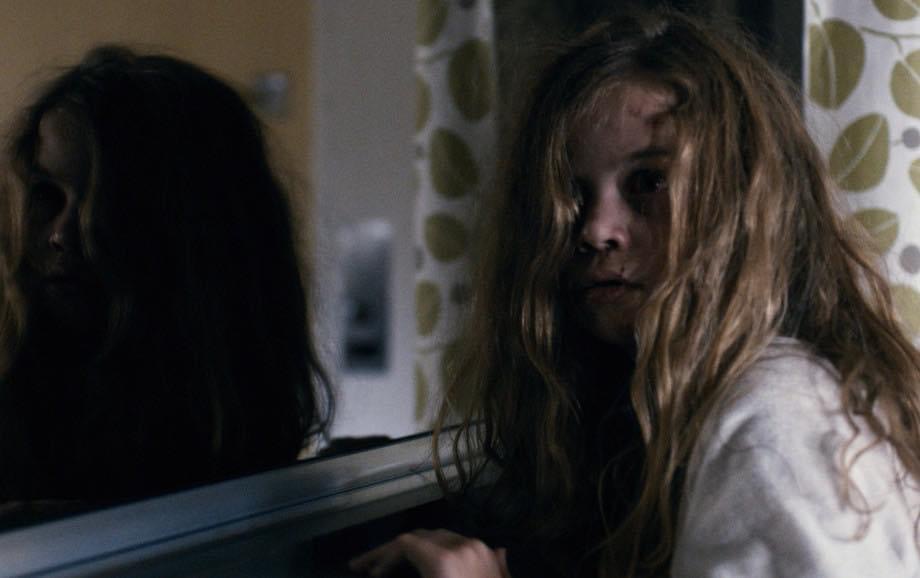
Themes
At its core, Mama is a story about motherhood and the different forms it can take. The film explores themes of maternal love, possessiveness, and the sacrifices that come with being a mother. Mama, despite being a ghost, exhibits strong maternal instincts, fiercely protecting the girls and treating them as her own. This possessiveness, however, turns deadly as she refuses to let them go, blurring the line between love and obsession.
The contrast between Mama and Annabel (Jessica Chastain) is a central theme. Annabel, a punk rocker with no interest in motherhood, finds herself in a situation where she must step up and care for the two traumatized girls. Her arc from reluctant guardian to protective mother figure mirrors the film’s exploration of what it means to nurture and care for a child.
Another theme is the lingering effect of trauma. Victoria and Lilly, especially Lilly, are deeply affected by their years in isolation under Mama’s care. Their feral behavior and emotional attachment to Mama illustrate the lasting impact of neglect and fear on young minds. The psychological toll of their experiences is just as frightening as the supernatural presence haunting them.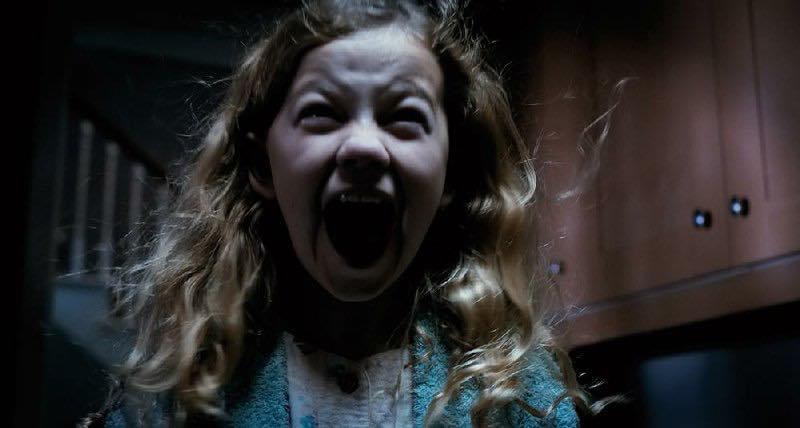
Performances
Jessica Chastain delivers a strong performance as Annabel. Initially resistant to the idea of caring for children, Chastain portrays Annabel’s evolution with depth and nuance, making her a compelling character. Her transition from an outsider in the family to a fiercely protective figure is a key emotional anchor for the film.
Megan Charpentier (Victoria) and Isabelle Nélisse (Lilly) give convincing performances as the traumatized children. Their portrayal of feral behavior and their shifting attachment to Annabel and Mama feels natural and heartbreaking.
Nikolaj Coster-Waldau plays dual roles as both Lucas and Jeffrey, though his role as Lucas is more prominent. While he is serviceable, his character often takes a backseat to Chastain’s Annabel and the supernatural elements.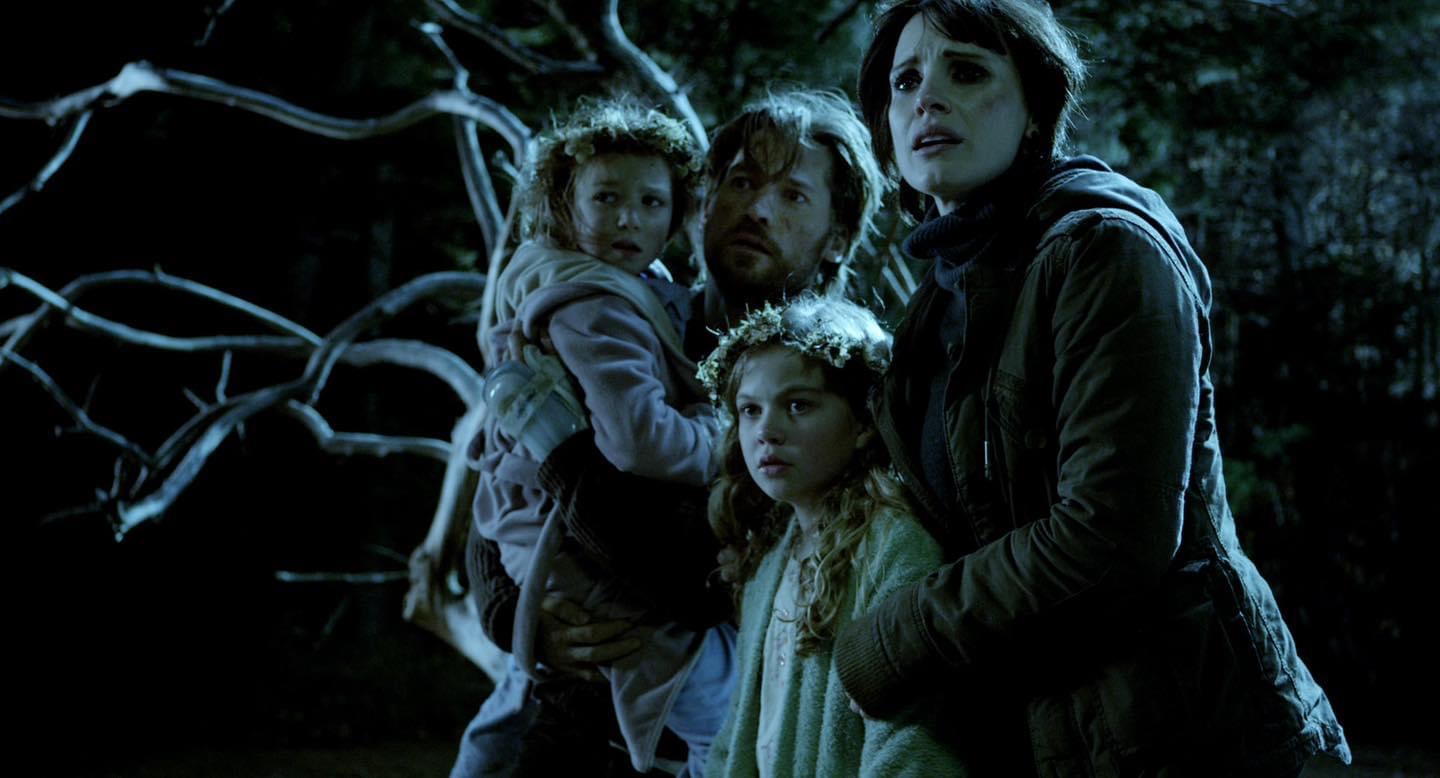
Criticism
Mama is not without its flaws. While the first two-thirds of the film are effective in building tension and atmosphere, the final act becomes more formulaic and predictable. The horror elements lean too heavily on CGI in certain moments, which diminishes the organic eeriness established earlier.
Some viewers may also feel that the film doesn’t fully capitalize on its potential for psychological horror. The character of Mama, while visually striking, is somewhat over-explained as the film progresses, making her less terrifying as her backstory unfolds.
Conclusion
Mama is an effective supernatural horror film that offers more than just scares. Its exploration of themes like motherhood, trauma, and emotional attachment give it a unique depth that sets it apart from typical ghost stories. While its final act may falter, the film’s atmosphere, visuals, and performances—particularly by Jessica Chastain—make it a memorable and haunting experience.
If you’re looking for a horror movie that balances emotional depth with supernatural thrills, Mama is a strong choice. It may not reinvent the genre, but it offers a chilling and heartfelt tale of love that transcends death.




